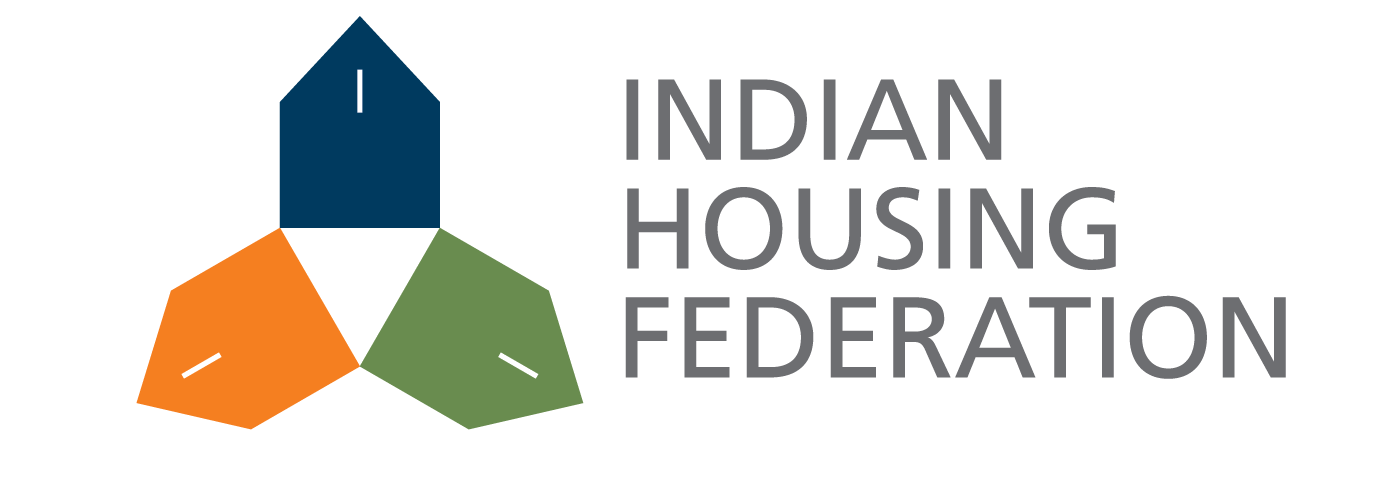Report Title - Affordable Housing for All: Challenges, Opportunities, and Way Forward
Study Partners - Tata Trusts
Authors - Anjali Mohan, Vaishali Ostwal & Meghna Mohandas
Field Research - Manikandan KP, Sayali Marawar and Vishad Sharma
Publication Date - December 31, 2017
Link - Click Here for the Report
ABSTRACT
Since 1993, both internationally and nationally there has been an increased emphasis on roping in the private sector to deliver affordable housing. The premise is that the state has failed in delivering this basic need and right. Since then there has been much deliberation and speculation around developer-led affordable housing projects and the ability of this stakeholder to bridge the ever-increasing demand-supply gap. To improve the sectoral understanding of such projects, this research study was initiated in 2017 by the Indian Housing Federation (IHF) with the generous support of the Tata Trusts.
The focus on developer-led projects is premised on the fact that in the past few years, private players have increasingly begun to realise the untapped opportunities that the affordable housing market offers. There is an increasing acknowledgment amongst developers that while many of them approached the affordable housing market as an experiment, they would like to continue to engage with this market given the potential it offers. This study analyses eight developer-led affordable housing projects in Ahmedabad, Ghaziabad, Mumbai and Pune, with the objective of unpacking the hype and enthusiasm associated with these projects. The projects studied are:
Anandgram Wakhri, Pune by Vastushodh
Anandgram Yavat, Pune by Vastushodh
Dinesh Nagar, Ghaziabad by Garg Group
Olympeo Riverside, Neral, Thane by Olympeo Infrastructure
Playtor Rajgurunagar, Pune by Playtor Childspaces
Umang Lambha, Ahmedabad by DBS Projects
Umang Naroli 1 and 2, Ahmedabad by DBS Projects
Umang Vatva, Ahmedabad by DBS Projects
The study attempts to understand the efficacy (or not) of the developer-led affordable housing model by analysing the projects along various dimensions, based on project information and data provided by the respective developers.
The objective of this study and documentation is to start informing the sector and the low-income housing space positively, through a nuanced understanding of the experiences of these developers, while also ascertaining the ‘success’ of these projects from the end-user perspective.
While the provision of houses relies on myriad stakeholders, this documentation focuses on the developer, the housing finance institution, communities and community representatives (wherever applicable). The documentation of the projects pivots around certain core parameters:
location and site background;
intended or targeted customers; housing supply and demand;
connectivity to work / employment centers;
access to basic services such as water, sanitation and solid waste management, recreation / open spaces that the project offers;
design and construction;
access to social infrastructures like education and health;
access to housing finance institutions;
post occupancy operations and maintenance; and
social marketing strategy.
These nine parameters constitute a framework for understanding / assessing the selected projects.

